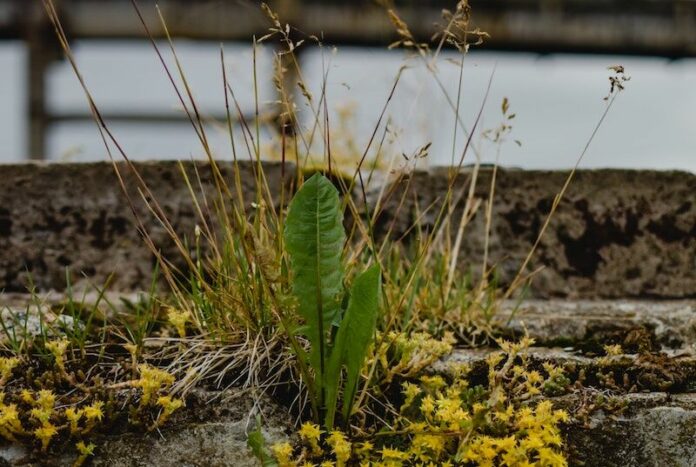A research project aiming to investigate potential water and air contamination by agricultural pesticides is coming to Graton, according to a Jan. 26 press release from one of its principal players, Sonoma Safe Agriculture Safe Schools (Sonoma SASS).
Graton community members can register attend a free informational meeting about the GRAton PEsticides (GRAPE) Research Project over Zoom Tuesday, Feb. 9 from 6:45 to 8 p.m. to ask questions, accessible at this link: https://dailyacts.org/events-cal/grapelaunch/
Jane Sellen, co-director of Californians for Pesticide Reform (CPR) and research team member, said the project is a pilot study seeking six Graton households to take water and air samples to test for pesticide pollution, funded by the California Breast Cancer Research Program (CBCRP).
According to the press release, glyphosate and mancozeb are of particular concern for toxicity. “So, glyphosate is actually Roundup,” Sellen said, noting that it’s an active ingredient. National Public Radio (NPR) reporting in June 2020 said that the Bayer company settled to pay over $10 billion “to end tens of thousands of lawsuits filed over its Roundup weedkiller.”
The GRAPE Research Project comes together through a collaboration between Sonoma SASS, CPR, CBCRP, the University of California San Francisco (UCSF), the United States Geological Survey (USGS) and Breast Cancer Action (BCA), the press release said.
Its roots are in local community organizing by the Graton Against Synthetic Pesticides coalition, or GASP, according to Nichole Warwick, one of the study’s research principal investigators and Sonoma SASS co-founder and co-director.
She is also co-founder and executive director of Families Advocating for Chemical & Toxics Safety (FACTS) and Daily Acts environmental health program manager.
Warwick said GASP approached Sonoma SASS for support as the concerned Graton residents began to mobilize around potentially harmful pesticide exposure from nearby farmland.
Sonoma SASS consists of various county nonprofits that banded together to campaign for
pesticide protections and policies at city and county levels and had successfully convinced the county and some cities to back off of synthetic pesticides on its properties, according to Warwick.
“And the community of Graton reached out to us because they are an unincorporated town, all of their water source is from wells and they’re completely flanked by agriculture and the heavy use of pesticides,” she said.
Meanwhile, CPR was seeking communities interested in investigating potential hazardous health impacts related to pesticides and connected with Sonoma SASS who already had the local connection in Sonoma County.
Warwick said Sonoma SASS’ past director was familiar with the California Department of Pesticide Regulation’s reports on Graton and became involved in getting the grant and project processes underway.
Sellen at CPR said she, in turn, had previously worked with a partner from UCSF on a similar research venture. UCSF works with USGS on environmental testing and screenings, Warwick said.
According to Sellen, the research team decided to pursue a “reconnaissance” study because the pilot grant of roughly $150,000 is not enough to do a large study of households. “We decided that for those six, instead of randomizing across the town, we’re going to try and pick the most likely to actually yield results, and the reconnaissance part of it is that gives a sense of scope of what we’re talking about,” she said.
The GRAPE Research Project seeks participants most vulnerable to contamination, with shallow wells and ones close to agricultural lands, Sellen said. The findings could merit a heftier grant for a deeper study of toxic exposure and pollution in Graton or Sonoma County, she said.
According to Sellen, the team anticipates testing will begin in spring for “spray season,” possibly around April, but the Feb. 9 informational meeting marks its launch.
“For the purposes of groundwater, the timing isn’t critical because contaminants tend to stay put once they enter the groundwater,” she said, but that USGS will be connecting silicone bands at the participating households, by its own funding, to collect any ambient pollution for around a month.
Warwick said CBCRP wanted the research group to include a breast cancer advocate, thus involving BCA. Communities will be able to ask questions of principal researchers and scientists from SASS, USGS, CPR and UCSF and a BCA representative present at the meeting, the press release said.
68.1
F
Healdsburg
April 20, 2025








